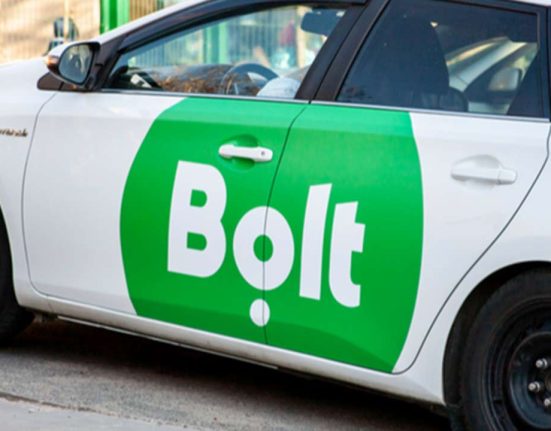In a major bid to frontally tackle the menace of cross-border fuel smuggling, Nigeria and the neighbouring Niger Republic plan to build an oil refinery.
Ibe Kachikwu, Nigeria’s minister of state for petroleum resources, led a Nigerian government delegation to Niamey, the Nigerien capital, on Wednesday to discuss a firm agreement for the design and construction of the refinery to be strategically located at a border town between the two countries.
Kachikwu, according to a statement by his ministry, said the move would be “in line with the commitment to collaboratively work across the region to ensure definitive solutions to [oil] sector challenges”.
The collaboration, according to Kachikwu, willbe “expressed through the construction of a refinery in the border town between the Republic of Niger and Katsina State, Nigeria and a crude oil pipeline from the Republic of Niger to the new refinery”.
He held talks with president of Niger, Mahamadou Issoufou, and the country’s energy minister Foumakoye Gado.
“Bilateral and technical agreements will be signed in coming days,” the statement revealed.
The capacity of the proposed refinery was not made known.
The group management director of the Nigerian National Petroleum Corporation (NNPC) Maikanti Baru, had recently raised the alarm that the rising fuel smuggling across Nigeria’s borders was negatively impacting on availability of petroleum products in the country.
According to Baru, even with petrol supply across the country averaging 55 million litres a day since the beginning of December 2017 — well above the projected consumption rate of 35 million litres per day — the country still experienced shortages because much of the volumes were being smuggled out of the country, as smuggling syndicates cashed in on the obvious petrol price differentials between Nigeria and neighboring countries to make illicit profit.
Nigeria is Africa’s top crude oil producer with output averaging around 2.05 million bpd including condensates.
The OPEC member country has four state-owned refineries with combined nameplate capacity to refine 445,000 bpd of crude, but the poorly maintained facilities hardly produced above a quarter of their capacity.
Niger Republic, on the other hand, sits on some of the world’s largest uranium deposits but has few oil producing fields located in the southern part of the country.
In November 2016, NNPC signed a memorandum of understanding (MoU) with with Savannah Petroleum Company, a UK-based independent oil producer, to supply crude from the latter’s Agadem oil field in Niger Republic to Kaduna refinery.
The agreement then envisaged that an 800-km pipeline will be constructed to transport crude from Agadem field to Kaduna refinery.
The deal came at the height of militancy in the Niger Delta which saw many pipelines transporting crude to the 110,000 Kaduna refinery in the north, bombed.
Support Quality Journalism in the Niger Delta Region
Join us in our mission to bring development journalism, cultural preservation, and environmental awareness to the forefront. Your contribution makes a difference in the lives of the people of the Niger Delta. Donate today and be a part of the change!










Leave feedback about this
You must be logged in to post a comment.